- Home | Industry Update | Documentation Required For Qco Certification...
Documentation Required For Qco Certification

A comprehensive set of documents is required to proceed with QCO certification, ensuring that the manufacturer meets all regulatory requirements. The documentation typically includes the following:
1. Application Form (available on the BIS portal).
2. Company Registration Documents (certificate of incorporation, partnership deed, etc.).
3. Factory License or proof of ownership of the manufacturing unit.
4. Product Specifications and details on manufacturing processes.
5. Quality Management System (QMS) Certificates (e.g., ISO 9001).
6. Authorization Letter for the authorized signatory.
7. Product Test Reports from BIS-accredited labs.
8. Factory Layout and Equipment Details.
9. Previous Certifications or Approvals, if applicable.
10. Proof of Raw Material Compliance, especially for sustainable or technical textiles.
PROCESS FOR QUALITY CONTROL ORDERS (QCO) CERTIFICATION IN INDIA
Quality Control Orders (QCOs) are essential regulatory tools in India, established to ensure that products meet the highest standards of safety, quality, and performance. The Bureau of Indian Standards (BIS) oversees the process of certification for manufacturers, ensuring that their products conform to the Indian Standards (IS) mandated by the QCOs. This process involves several crucial steps, including application submission, documentation, product testing, factory inspections, and ongoing compliance monitoring. For textile manufacturers and others impacted by QCOs, understanding the intricacies of this certification process is paramount to success in the marketplace.
APPLICATION PROCESS
The first step in obtaining QCO certification begins with the manufacturer submitting an application to BIS. This application is typically filed through the BIS online portal, streamlining the process and making it more efficient. The submission process requires manufacturers to provide a detailed set of documents that verify their business legitimacy, factory operations, and product specifications.
Among the key documents required is proof of the company's legal status, such as a certificate of incorporation or a partnership deed. These documents confirm that the business is officially registered and authorized to operate in India. The application also requires detailed information about the factory where the product is manufactured, including the factory's address, layout plans, and machinery details. This information helps BIS assess whether the factory's setup is suitable for producing goods that meet the required standards.
In addition to factory details, manufacturers must submit detailed product specifications. This documentation should include information on the raw materials used, the manufacturing processes followed, and the final characteristics of the product. For example, a textile manufacturer seeking QCO certification would need to specify the type of textile being produced, the processes involved (such as weaving or dyeing), and the physical properties of the f inal product, such as strength, durability, or chemical composition. Another key document is the Quality Management System (QMS) certificate, such as ISO 9001, which demonstrates that the manufacturer follows a structured and internationally recognized approach to maintaining quality. This certificate provides BIS with reassurance that the manufacturer has processes in place to consistently produce high quality products.
TESTING AND INSPECTION
The Indian Standards define the benchmarks that products must meet in terms of various factors, including durability, strength, chemical composition, and environmental impact. For textile products, these standards might focus on factors such as the fabric's resistance to wear and tear, its chemical treatment processes (like dyeing), or its ability to withstand certain environmental conditions without degrading. The tests are comprehensive, ensuring that the product meets all necessary safety and performance standards before being granted certification.
FACTORY INSPECTION
In addition to product testing, BIS conducts a detailed inspection of the manufacturing facility. The goal of the factory inspection is to verify that the production processes, quality control systems, and overall factory environment conform to the standards laid out in the QCO. BIS officials follow a strict checklist during their inspection, covering aspects such as equipment calibration, quality control procedures, and raw material sourcing.One of the critical elements of the factory inspection is ensuring that the production environment is suitable for manufacturing high-quality, compliant products. This is particularly important for sensitive items like medical textiles, where the production environment must meet stringent hygiene and safety standards. BIS officials may also take additional product samples during the factory inspection to conduct random testing. This ensures that the quality of the product is consistent throughout the production process, and not just during the initial testing phase.
GRANTING OF LICENSE
After successfully completing the testing and inspection stages, the manufacturer is granted a license by BIS to use the Standard Mark on their products. This mark is a powerful symbol of quality and compliance, indicating that the product meets the Indian Standards mandated by the QCO. The license is typically valid for one to two years, after which it must be renewed. The renewal process requires the manufacturer to submit updated documentation and undergo another round of inspections if necessary. This ensures that the manufacturer continues to comply with the QCO standards over time.
POST-CERTIFICATION MONITORING
Once the manufacturer has obtained the license, BIS continues to monitor compliance through post certification audits and market surveillance. This ensures that the manufacturer continues to meet the necessary standards even after certification has been granted.
BIS conducts surveillance audits periodically, during which officials may revisit the manufacturing facility to check that the quality control systems remain effective, and that there have been no significant changes in the production processes that could affect product quality. Additionally, BIS may purchase products from the market to conduct random testing. These market surveillance activities help maintain the integrity of the QCO certification process by ensuring that certified products continue to meet the prescribed standards. If any discrepancies are discovered during post-certification audits or market testing, the manufacturer could face penalties. In severe cases, the manufacturer's license to use the Standard Mark could be suspended or even canceled.
ENSURING EXCELLENCE: THE COMPREHENSIVE JOURNEY TO QCO CERTIFICATION IN INDIA
The process for obtaining QCO certification in India is comprehensive and ensures that manufacturers meet the highest standards of quality, safety, and performance. From the initial application process to the rigorous testing and factory inspections, every step of the process is designed to uphold the integrity of the products reaching the market. For manufacturers, achieving QCO certification offers a competitive advantage, as the BIS Standard Mark is a recognized symbol of quality. However, certification also brings with it the responsibility to maintain consistent quality and compliance, as post-certification monitoring ensures that standards are adhered to over time. For consumers, QCO certification provides the assurance that the products they purchase meet the safety and performance standards set by the Bureau of Indian Standards, fostering trust and confidence in the marketplace.
11:02 AM, Dec 09
Source : Documentation Required For Qco Certification
Other Related Topics

.webp)
US–Bangladesh Tariff Pact Brings Fresh Momentum to Garment Exports
04:08 PM, Feb 10Industry Update

Kolkata Set to Become Textile Sourcing Hub as YARNEX and TEXINDIA Return in January 2026...view more

Carrington Textiles Introduces Defence Stock Range for Faster Access to Military Fabrics...view more



.webp)
.webp)

1.webp)

1.webp)
1.webp)


1.webp)
1.webp)


1.webp)


1.webp)
1.webp)









1.webp)

1.webp)





1.webp)


1.webp)
1.webp)
1.webp)

1.webp)
1.webp)

1.webp)



1.webp)
1.webp)
1.webp)
1.webp)
1.webp)
1.webp)

1.webp)

1.webp)
1.webp)




1.webp)




1.webp)






1.webp)


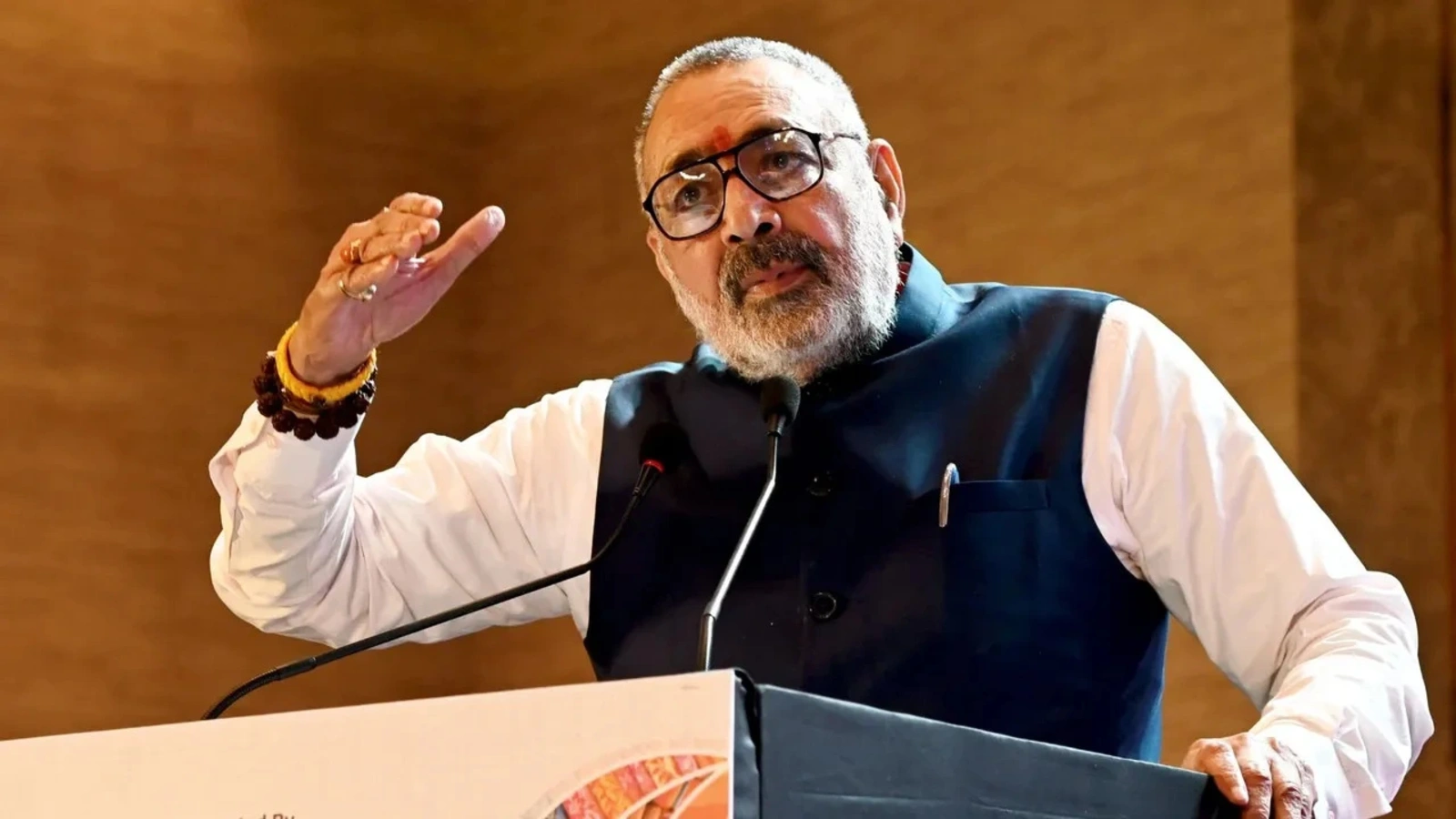
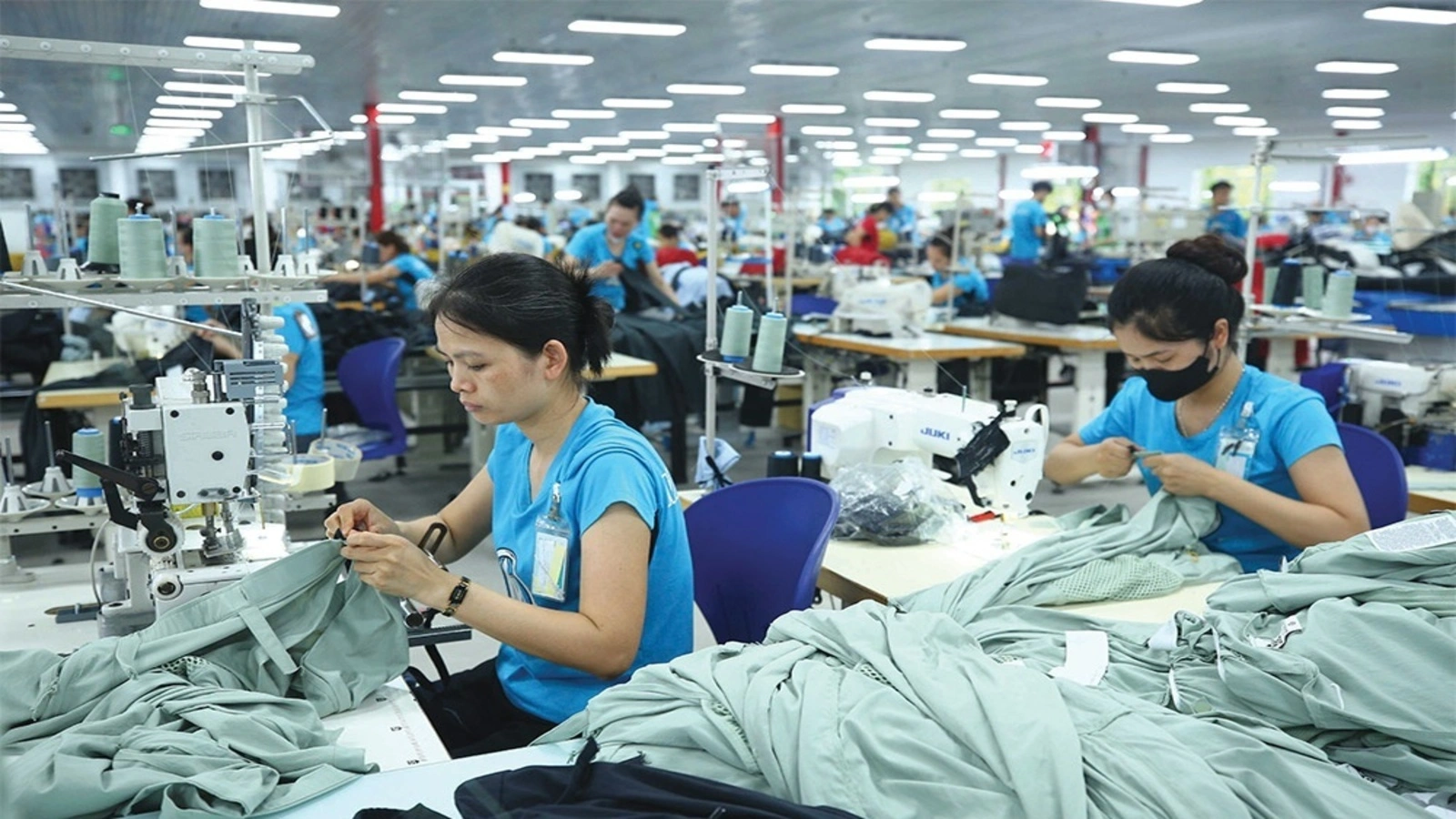

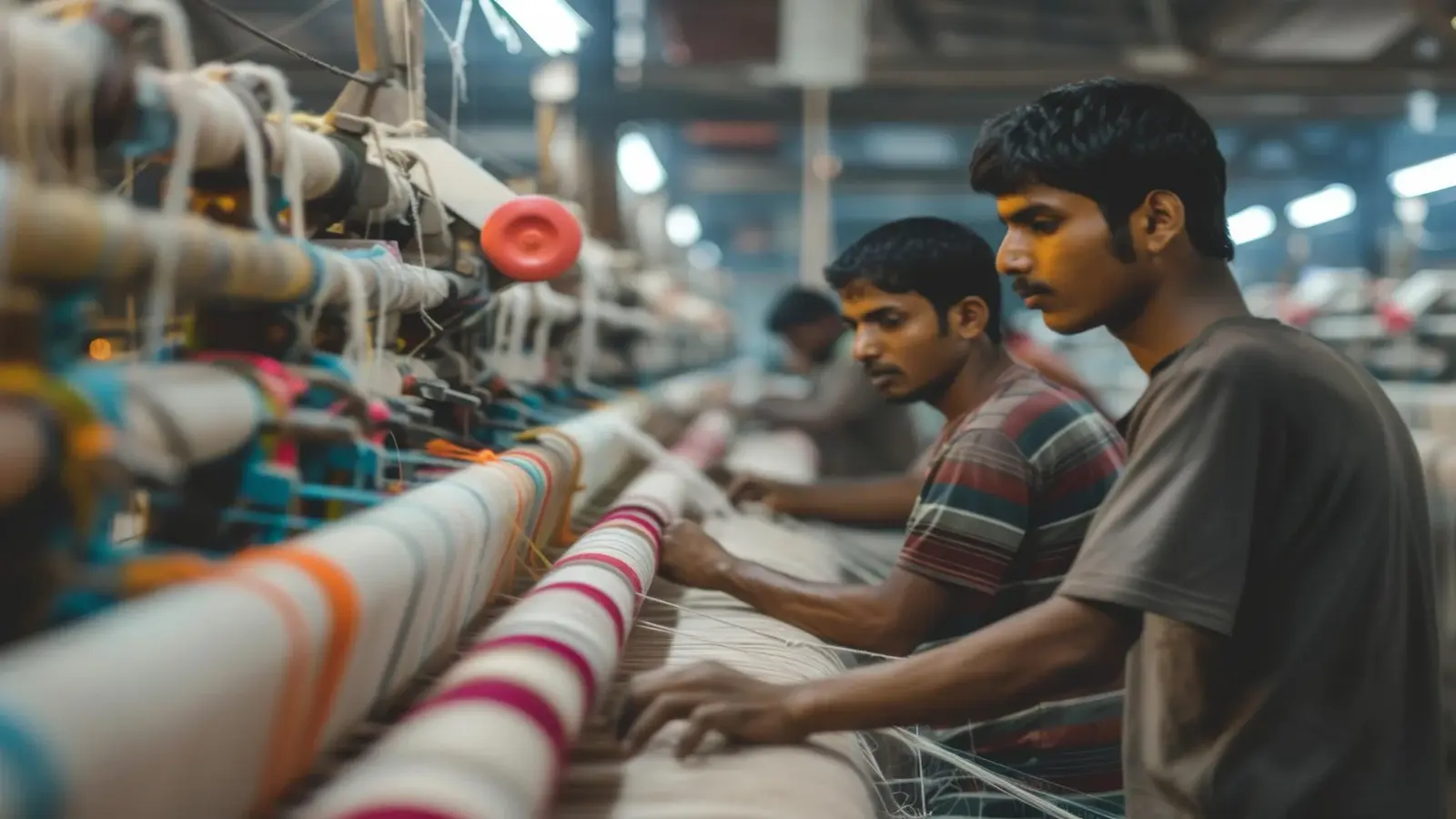

1.webp)






1.webp)

1.webp)
1.webp)
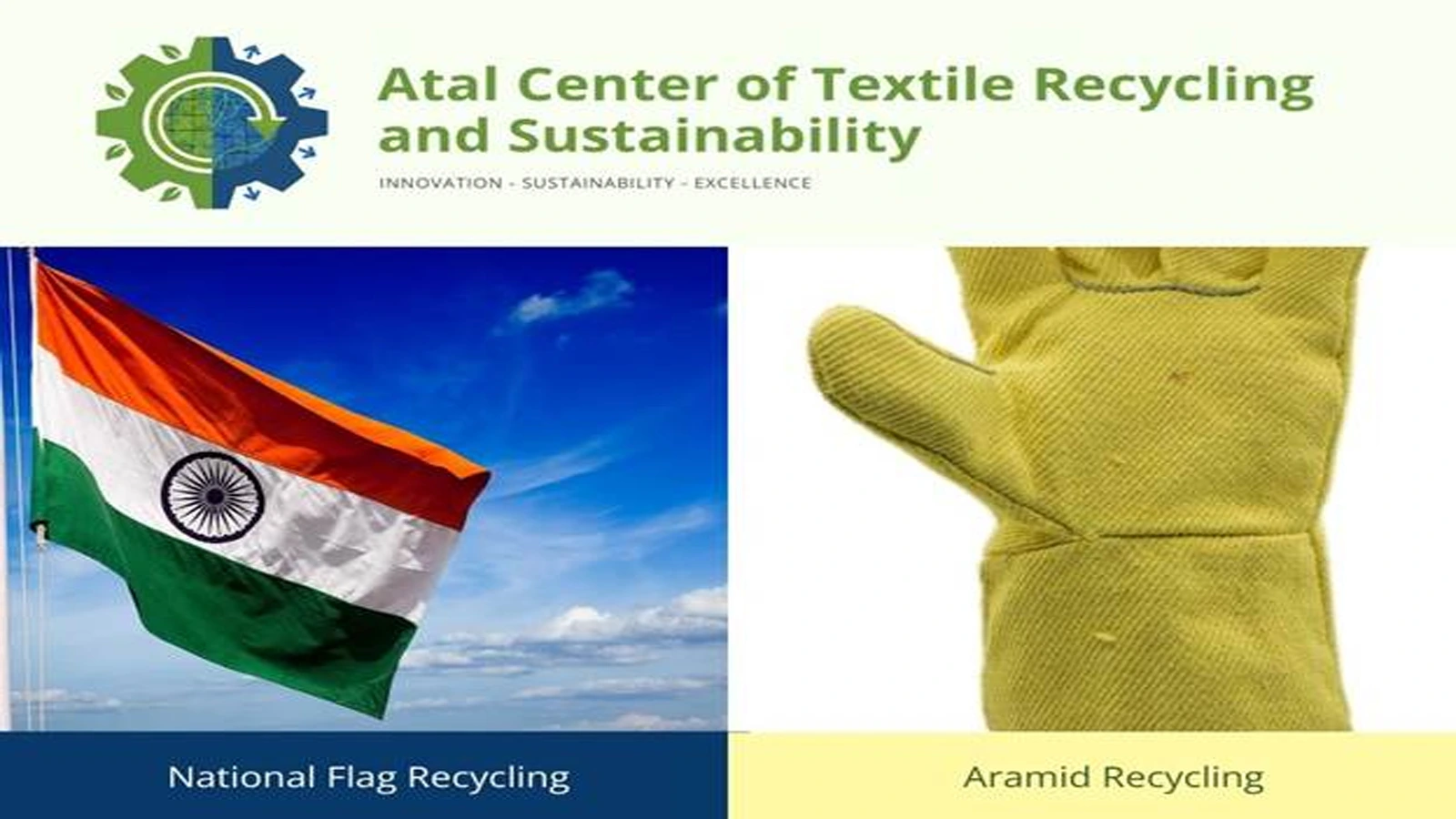
1.webp)

1.webp)

.webp)

1.webp)
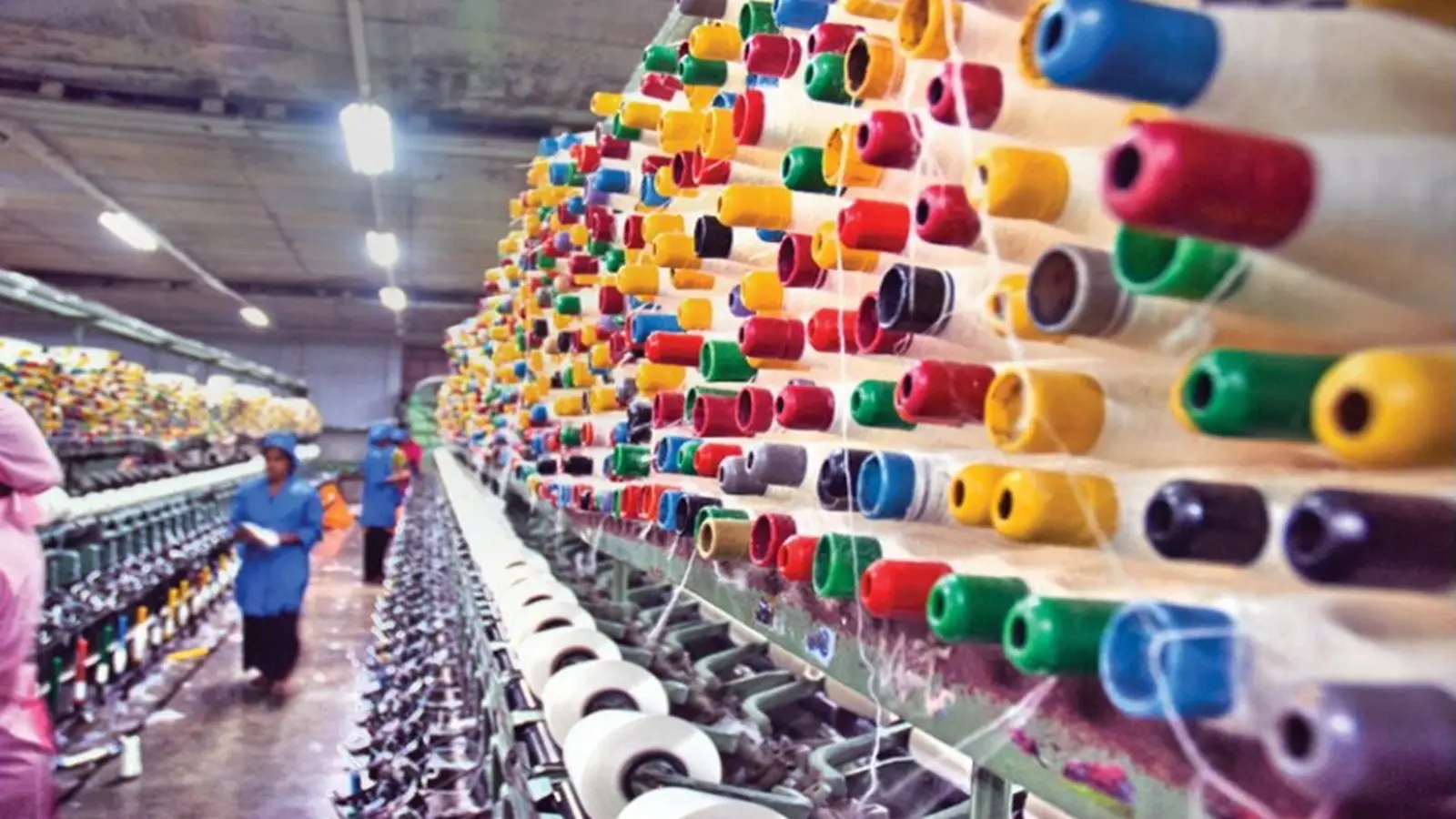
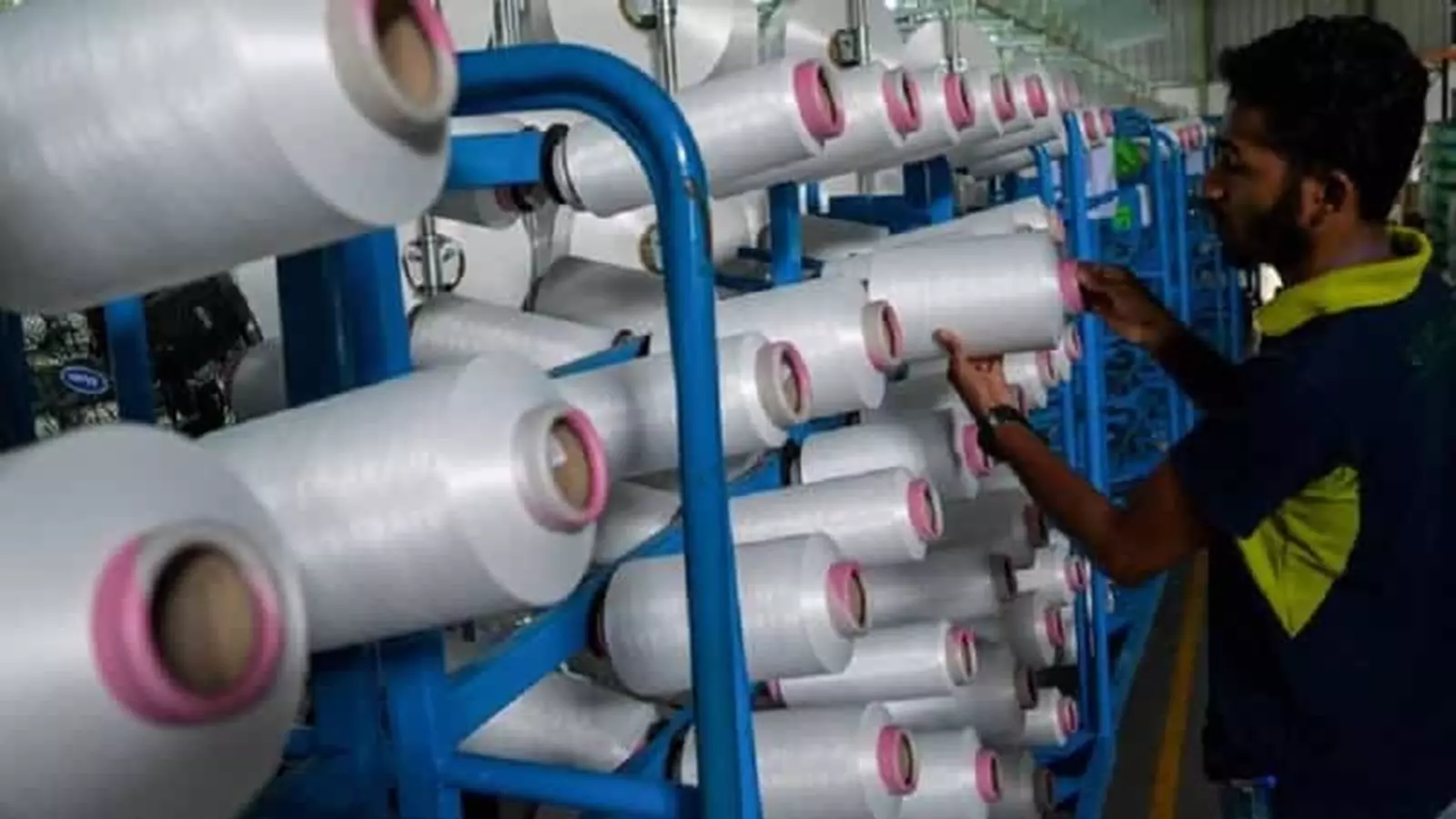

1.webp)






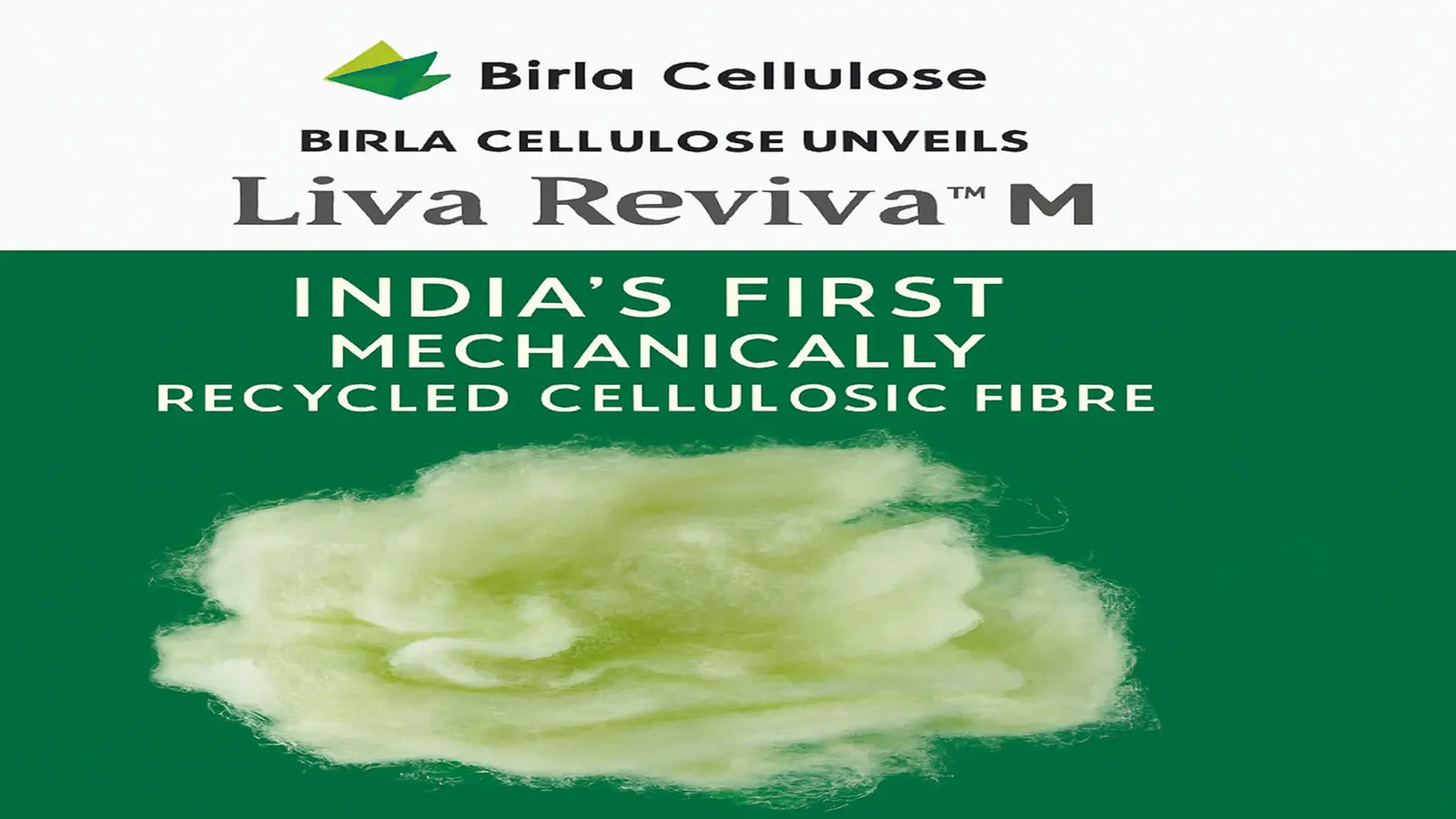


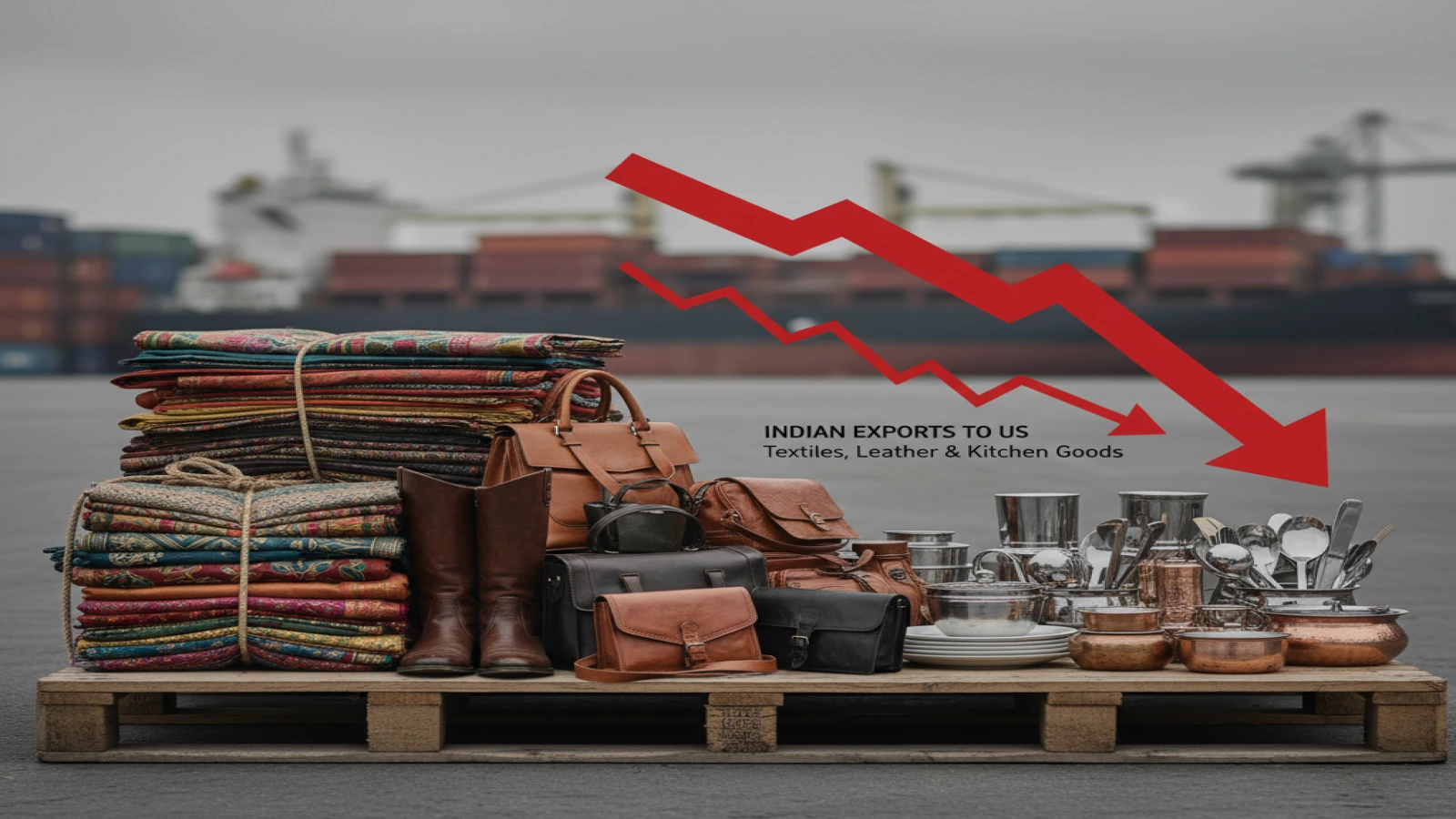

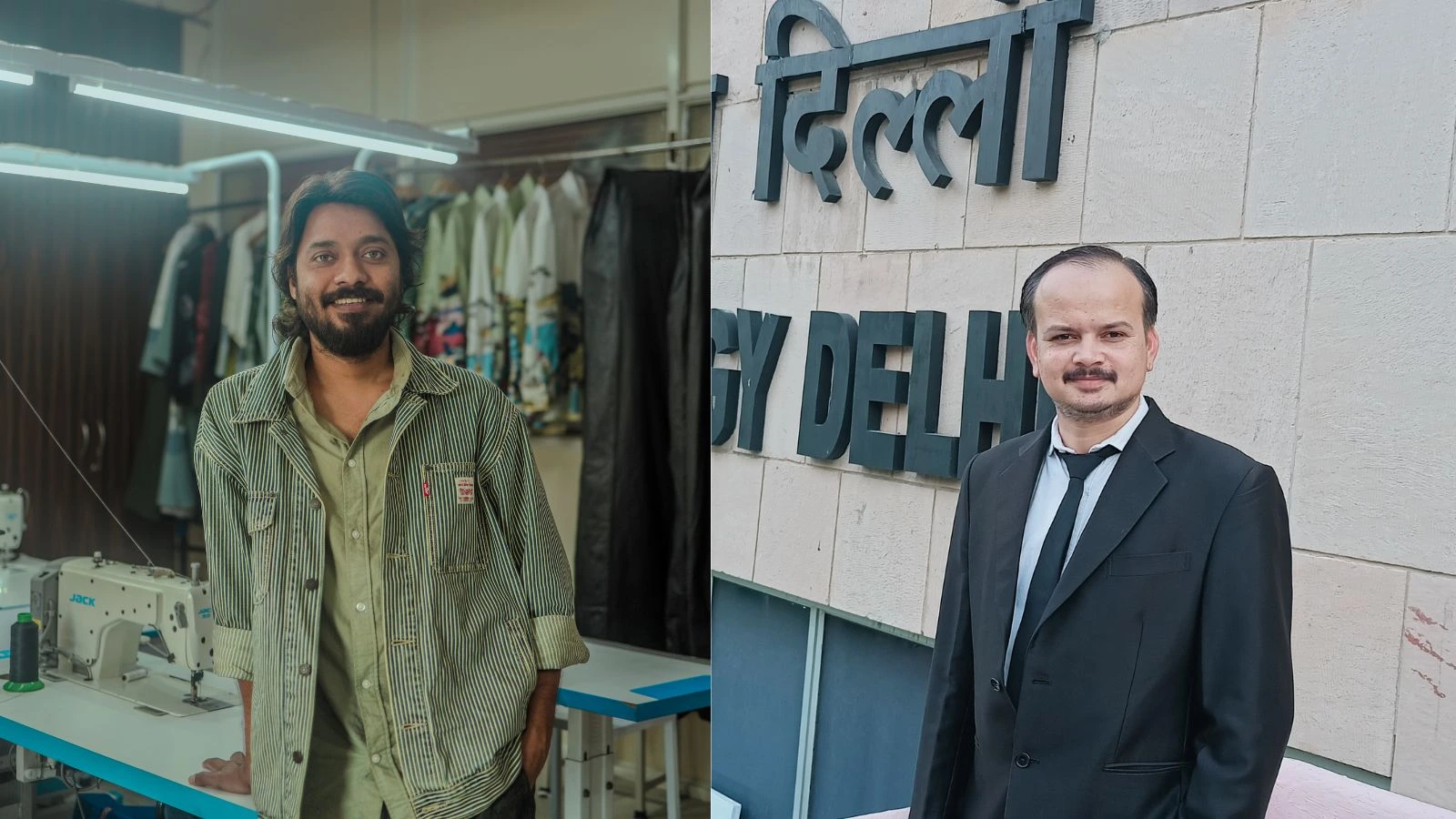

1.webp)
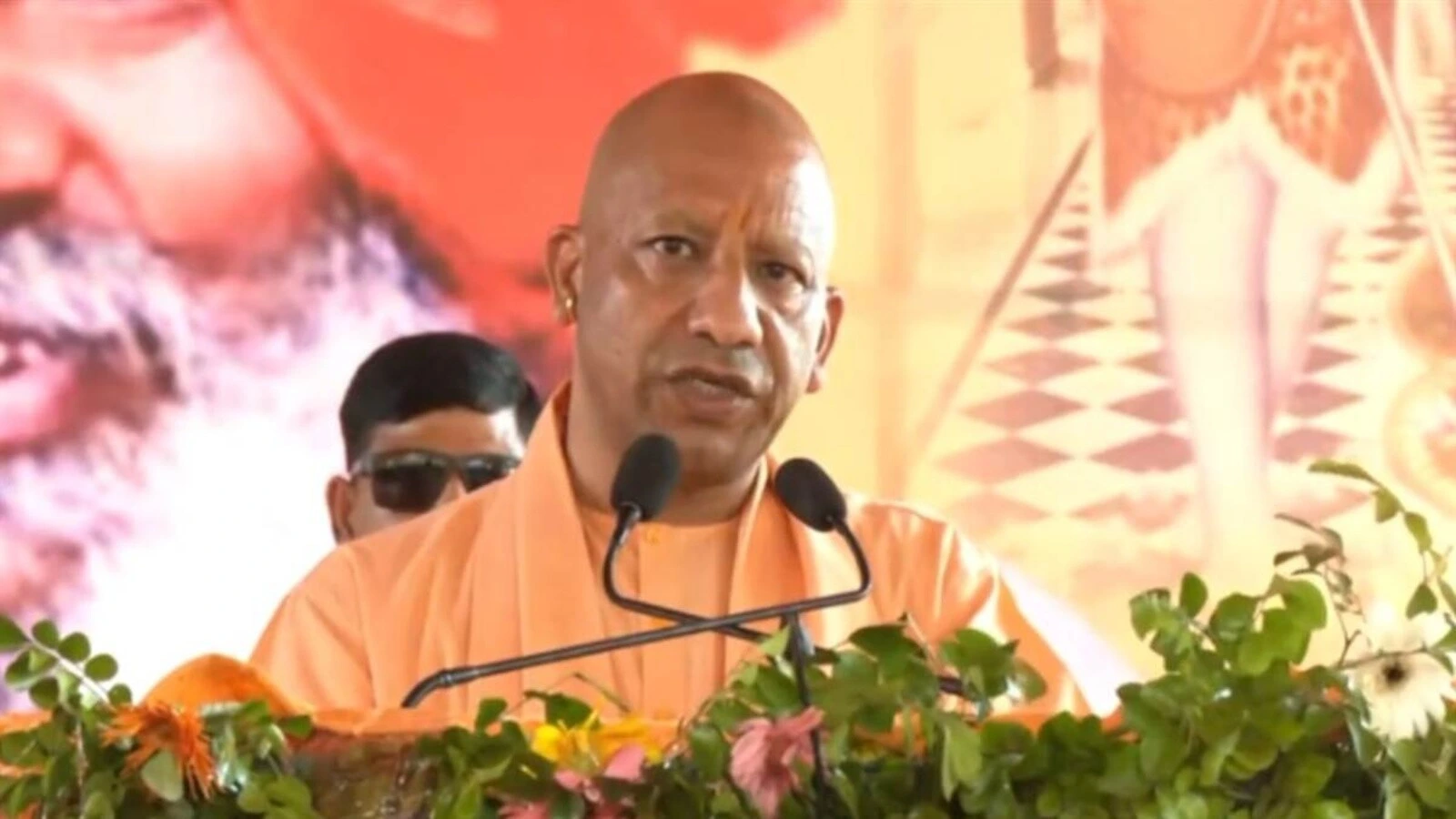
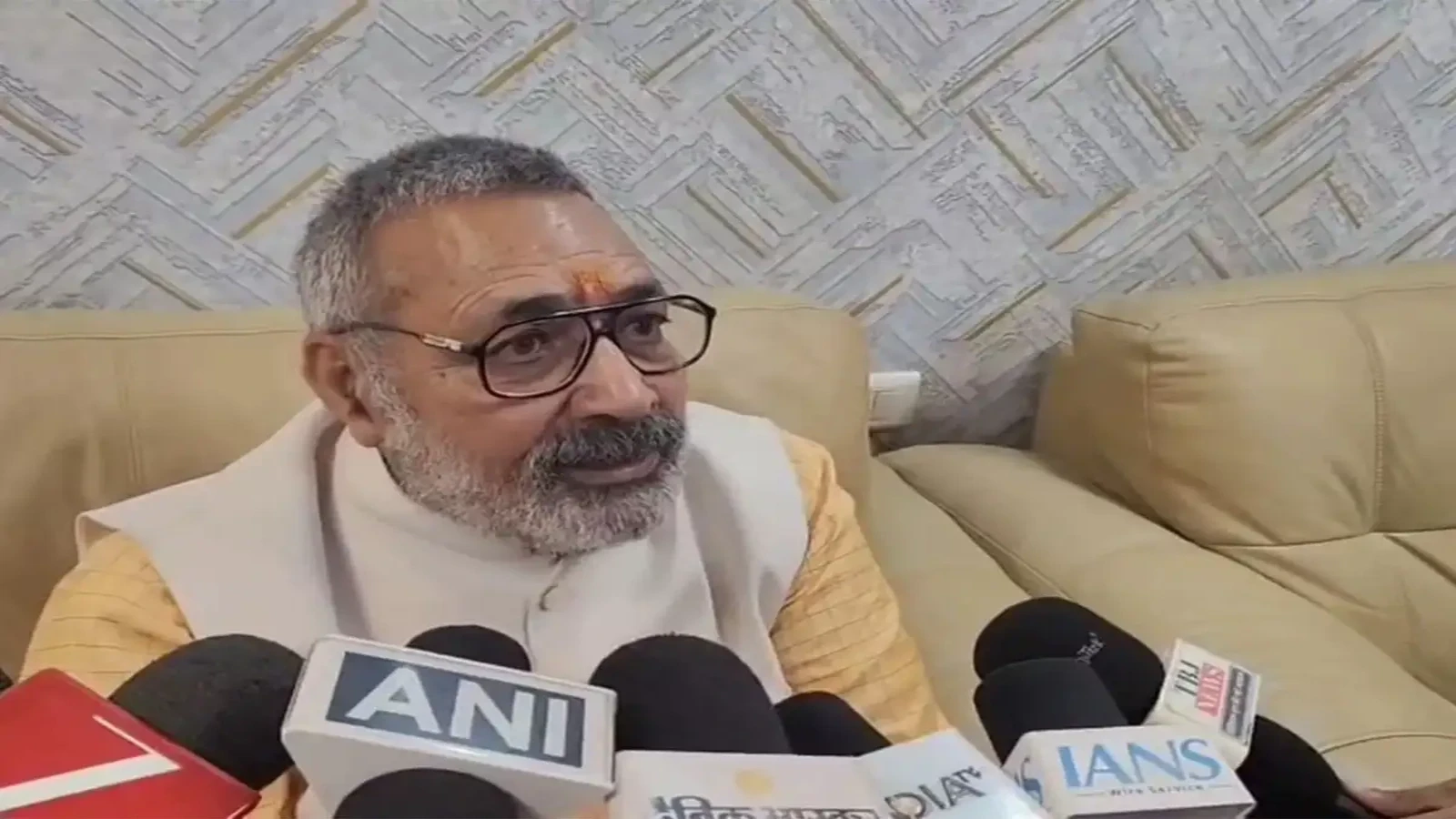

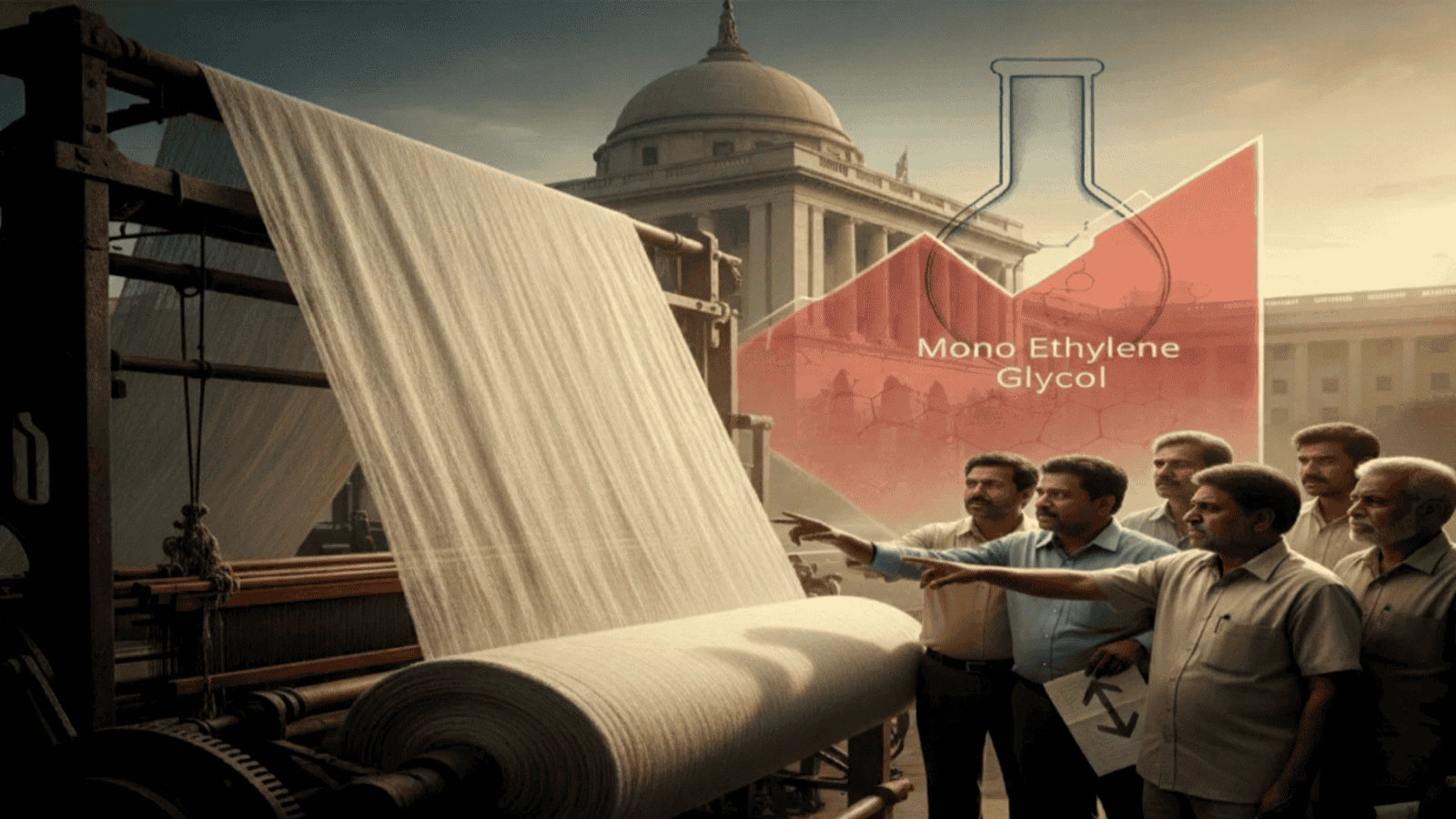



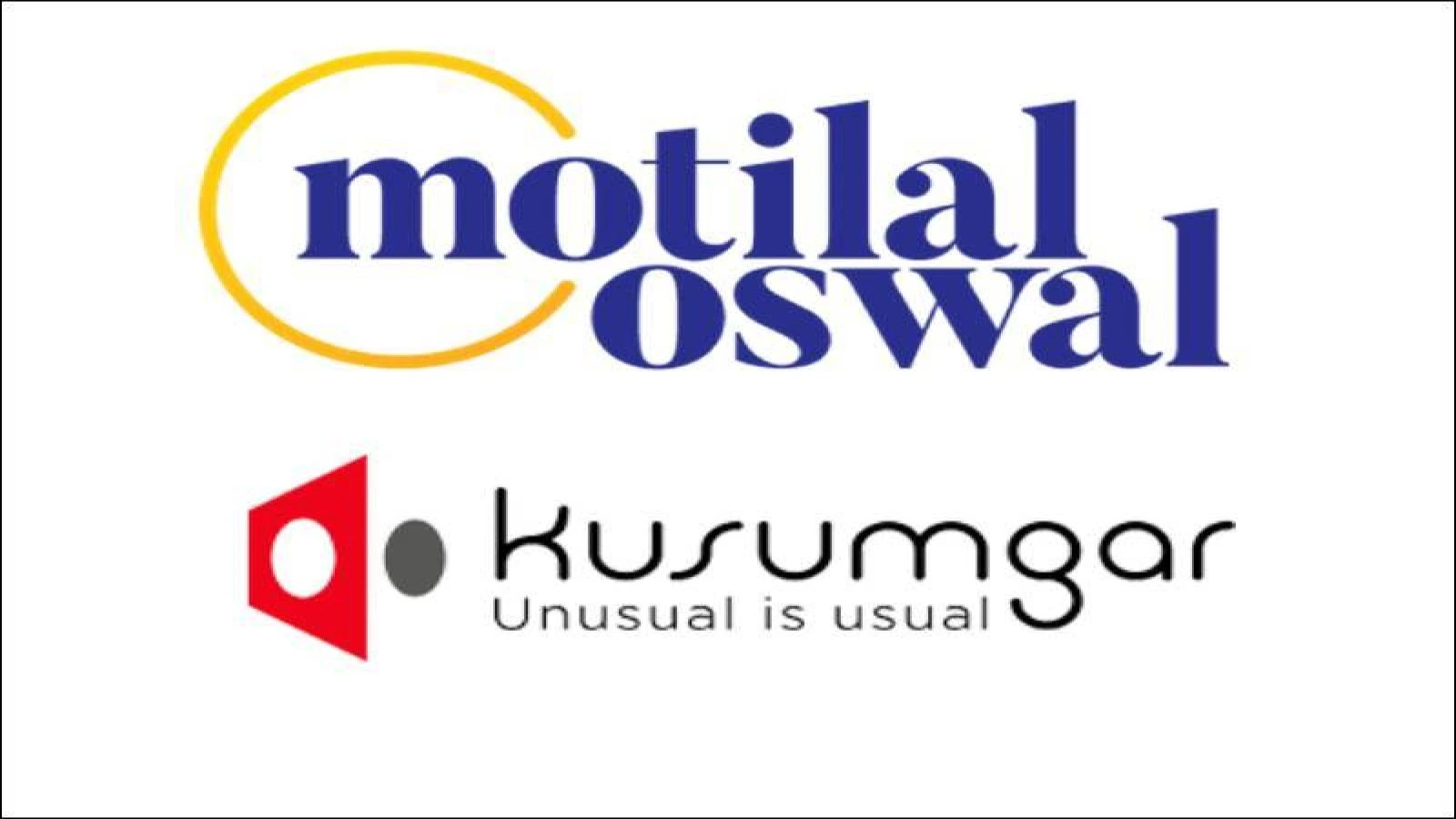
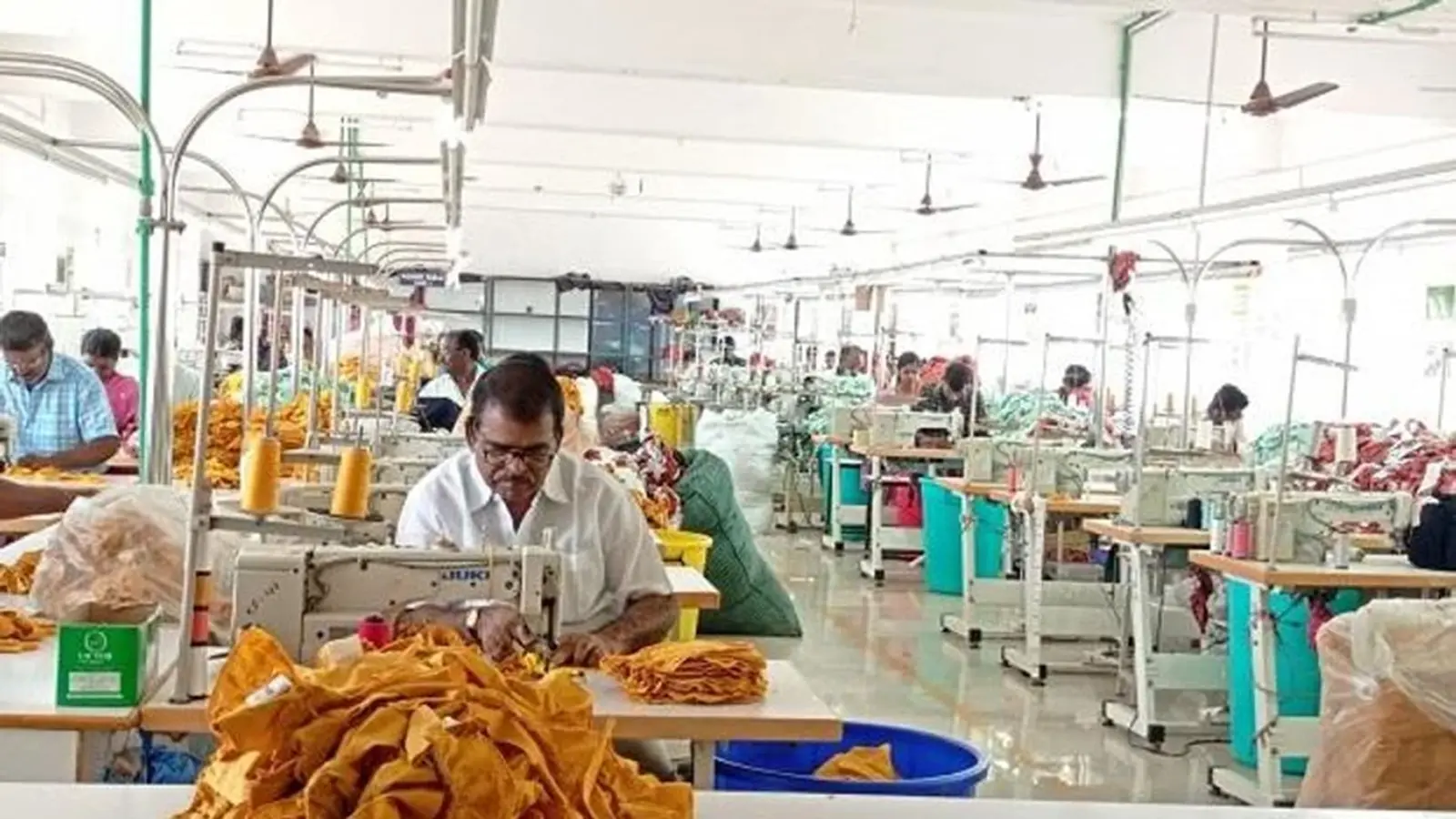



1.webp)


1.webp)

























1.webp)






















1.webp)





1.webp)
1.webp)














1.jpg)






















1.jpg)




























_large1.jpeg)

























































.png)










.jpg)
.jpg)
.jpg)










1.jpeg)